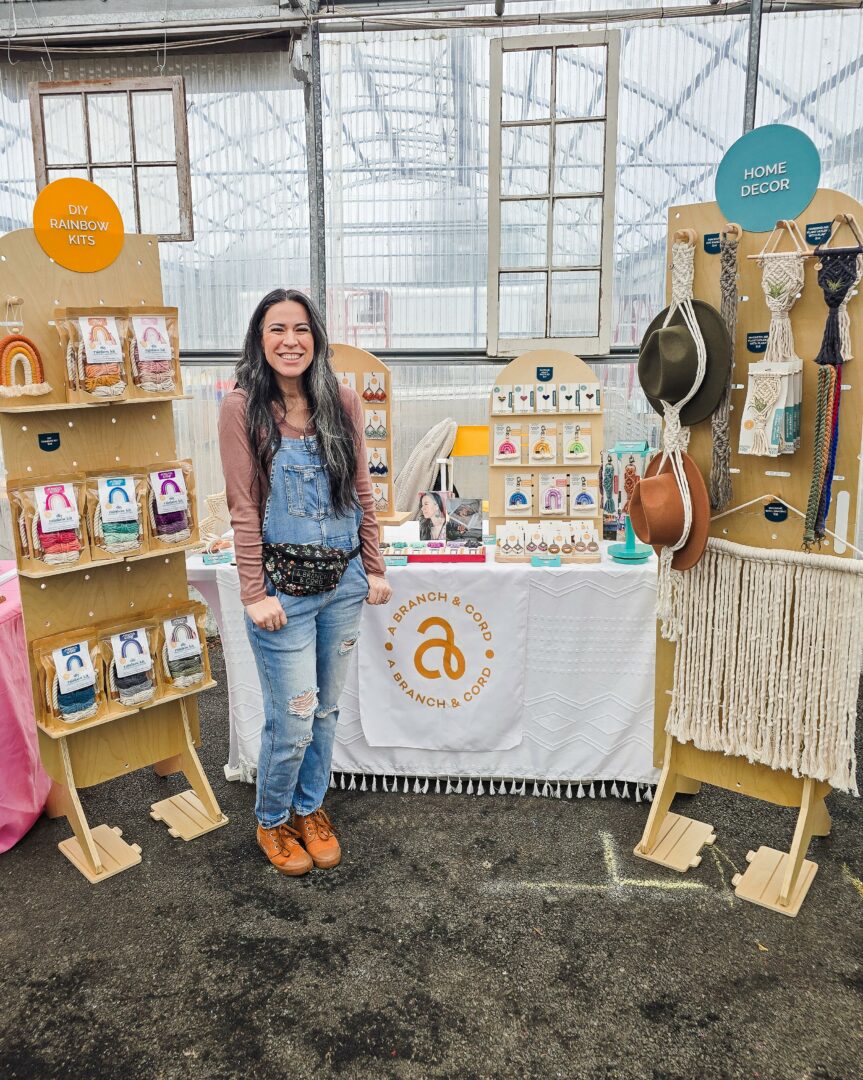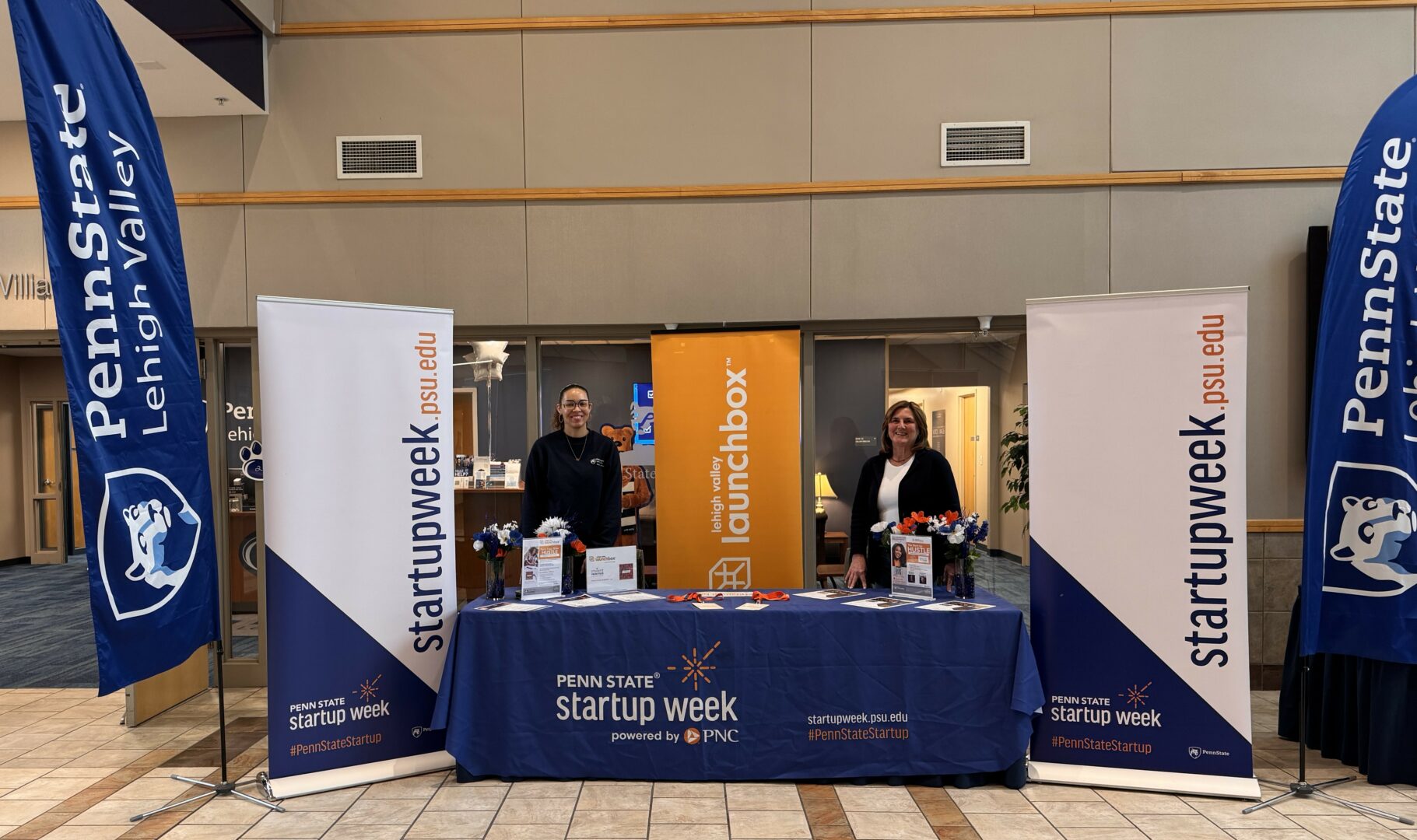We caught up with the brilliant and insightful Christine Saunders a few weeks ago and have shared our conversation below.
Christine, looking forward to learning from your journey. You’ve got an amazing story and before we dive into that, let’s start with an important building block. Where do you get your work ethic from?
My work ethic is deeply rooted in the values instilled in me by my father. He taught me the importance of integrity, emphasizing the significance of always doing what is right, even when no one is watching. He showed me the power of showing up in a positive way, bringing enthusiasm and dedication to everything I do.
Moreover, my father encouraged me to pursue work that I am passionate about. He believed that when you love what you do, you naturally put in your best effort and derive fulfillment from your work.
Additionally, he taught me the value of giving myself grace, understanding that perfection is unattainable and that it’s okay to make mistakes as long as we learn from them and strive to improve.
Above all, my father emphasized the importance of making a difference in the world. He instilled in me a sense of responsibility to contribute positively to society, whether through my work or through acts of kindness and compassion towards others.
Overall, these values form the foundation of my work ethic, driving me to approach every task with integrity, passion, resilience, and a commitment to making a meaningful impact in the world.
Thanks for sharing that. So, before we get any further into our conversation, can you tell our readers a bit about yourself and what you’re working on?
As a Strategic Intervention Coach specializing in disaster mental health, with a focus on providing support, guidance, and resources to individuals and communities before, during, and after times of crisis or upheaval. My primary population served being First Responders and Emergency/Disaster Managers. Whether it’s natural disasters, pandemics, or other traumatic events, my role is to help anyone, and everyone navigate through the challenges they face.
What I find most exciting and special about my work is the opportunity to make a meaningful difference in people’s lives during some of their most vulnerable moments. Being able to offer a sense of hope, resilience, and empowerment amidst chaos is incredibly rewarding. Witnessing individuals and communities come together, overcome adversity, and emerge stronger on the other side is truly inspiring.
In terms of my approach, I integrate various techniques and methodologies from psychology, coaching, and crisis intervention to tailor my support to each individual’s unique needs. This includes providing emotional support, teaching coping strategies, facilitating problem-solving, and connecting people with appropriate resources and services, all through a trauma informed lens.
Additionally, I continuously seek to innovate and expand my practice to better serve those in need. Whether it’s in person or virtual training, developing educational resources, or my ongoing project of creating a peer support program for Emergency and Disaster Mangers, collaborating with other professionals and organizations, I am always striving to enhance the impact of my work and reach more people who can benefit from it.
Overall, my goal is to provide compassionate and effective support to help individuals and communities not only survive but thrive in the face of adversity. I believe that by fostering resilience and promoting mental well-being, we can build stronger, more resilient communities capable of weathering any storm.
If you had to pick three qualities that are most important to develop, which three would you say matter most?
Reflecting on my journey, three qualities, skills, or areas of knowledge stand out as particularly impactful:
Empathy and Compassion: The ability to empathize with others and genuinely understand their emotions and experiences has been essential in my work. Empathy allows me to connect with individuals on a deeper level, which is crucial for building trust and rapport, especially in times of crisis. Developing empathy requires active listening, openness, and a willingness to see the world from someone else’s perspective. Engaging in reflective practices, such as journaling or participating in empathy-building exercises, can help individuals cultivate this skill.
Flexibility and Adaptability: In the field of disaster mental health, situations can change rapidly, and there is often no one-size-fits-all solution. Being able to adapt to evolving circumstances and think on my feet has been invaluable. Flexibility involves being open to new ideas, adjusting strategies as needed, and embracing uncertainty with resilience. Developing flexibility requires a willingness to step outside of one’s comfort zone, seek out diverse perspectives, and cultivate a growth mindset that views challenges as opportunities for learning and growth.
Interdisciplinary Knowledge: My work draws on insights from various disciplines, including psychology, counseling, coaching, and human services. Having a diverse skill set and a broad understanding of different approaches to mental wellbeing and crisis intervention has enriched my practice and allowed me to tailor my support to meet the unique needs of individuals and communities. Early in their journey, individuals can benefit from pursuing interdisciplinary learning opportunities, such as workshops, seminars, or online courses, to broaden their knowledge base and enhance their skill set.
My advice for those who are early in their journey is to prioritize self-awareness, continuous learning, and building a strong support network. Take the time to reflect on your strengths, opportunities, and values, as this will guide your growth and development. Seek out mentors, peers, and professional networks to learn from others’ experiences and gain valuable insights. Stay curious, remain adaptable, and never underestimate the power of empathy and compassion in making a positive impact in the lives of others. Remember that the journey is as important as the destination, so embrace the process of growth and discovery with enthusiasm and perseverance.
Any advice for folks feeling overwhelmed?
When feeling overwhelmed, it’s essential to have strategies in place to manage stress and regain a sense of balance. Here are some techniques I find helpful:
Pause… Sometimes, the best thing you can do when feeling overwhelmed is to step away from the situation briefly. Take a short walk, practice deep breathing, or engage in a mindfulness exercise to help clear your mind and reset your perspective.
Chunk it Out… Break down overwhelming tasks into smaller, more manageable steps. Identify what needs to be done first and focus on completing one task at a time. Creating a to-do list can help you visualize your priorities and track your progress.
Ask for Support… Don’t hesitate to seek support from friends, family, or colleagues when feeling overwhelmed. Talking to someone you trust can provide perspective, validation, and emotional support. Additionally, consider reaching out to a mentor, supervisor, or counselor for guidance and advice.
You Matter… Engage in activities that promote relaxation and well-being, such as exercise, meditation, journaling, or spending time in nature. Taking care of your physical and emotional needs is crucial for managing stress and maintaining resilience.
Set and Maintain Boundaries… Learn to say no to additional commitments or responsibilities when you’re already feeling overwhelmed. Setting boundaries allows you to prioritize your own well-being and prevent burnout.
Seek Professional Help… If feelings of overwhelm persist or interfere with your daily functioning, consider seeking support from a mental health professional. Therapy or counseling can provide tools and strategies for coping with stress and building resilience.
Remember that it’s okay to ask for help and take time for yourself when needed. Prioritizing self-care and practicing healthy coping strategies are essential for maintaining balance and well-being, especially in demanding or challenging situations.
Contact Info:
- Website: http://www.followyourwholeheart.com/
- Instagram: https://www.instagram.com/followyourwholeheart?igsh=ZThjc3Jvd2dpcDNs&utm_source=qr
- Facebook: https://www.facebook.com/christine.saunders.9400984
- Youtube: https://youtube.com/@wholeheartedlifetvchristin4664?si=87peRBGDfvjsI9Lj











